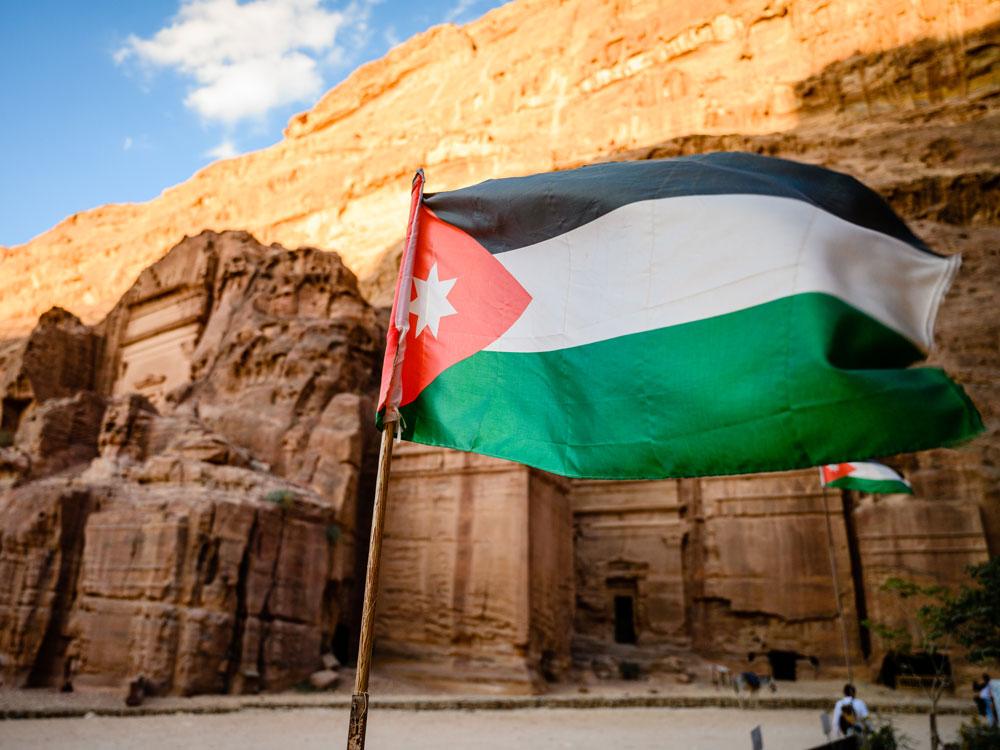Working alongside international experts from cyclos GmbH, GIZ is supporting local partners in setting up the legal and administrative framework for an industry-financed EPR system for Jordan. This includes providing policy advice to the Jordanian Ministry of Environment and developing pilot projects for recycling in Amman.
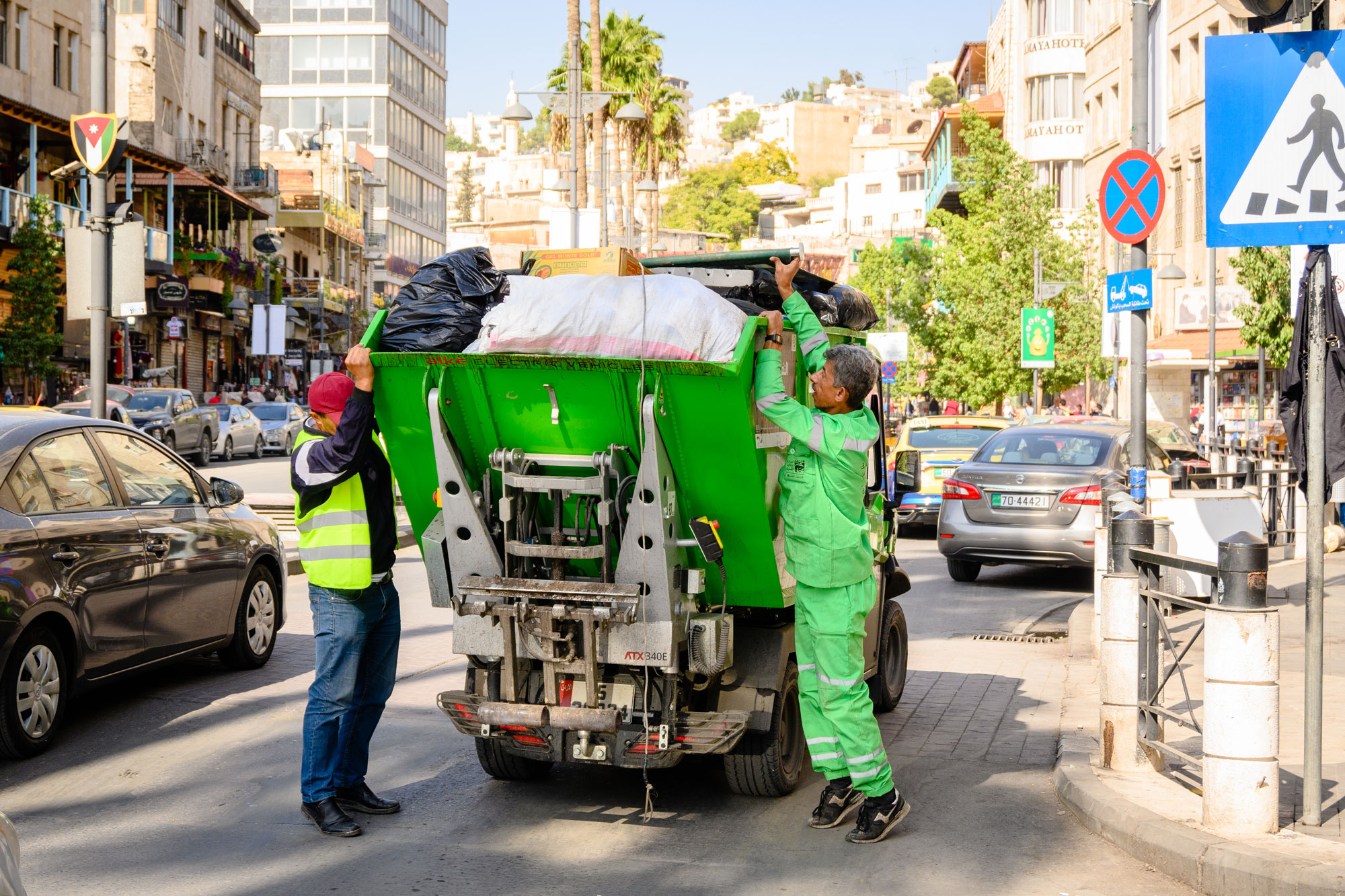
How to revolutionise recycling in Jordan
Secretary General of the Ministry of Environment of Jordan, Dr Mohammed Al Khashashneh, on the concept of extended producer responsibility (EPR)
Companies will be held accountable for their packaging waste under a new system that promises to transform the waste sector in Jordan as it pursues its Green Growth National Action Plan 2021–2025. The country faces substantial challenges owing to the impacts of climate change and a large refugee population from the surrounding region.
This, combined with a surge in economic activity over recent decades, has piled pressure on Jordan’s waste management infrastructure, which is ill-equipped to deal with mounting demand. New instructions adopted in August 2022 in accordance with Jordan’s Waste Management Framework Law specify how a system of extended producer responsibility (EPR) will be implemented in the country. This aims to reduce the amount of packaging waste generated by companies and promote the development of a sustainable recovery system built around recyclability.
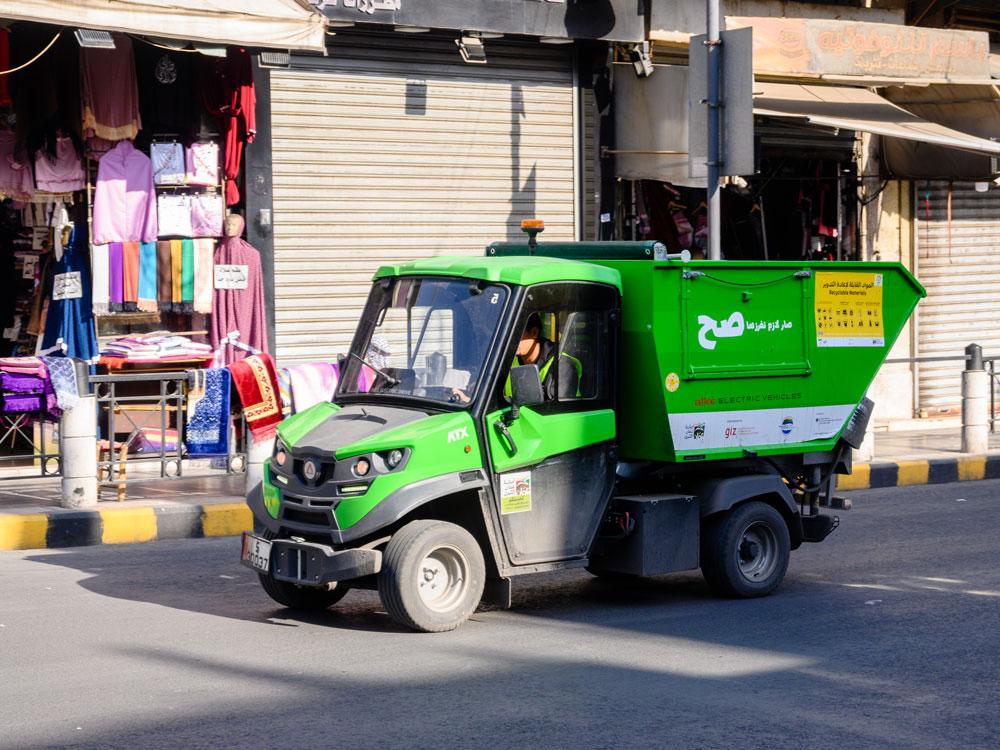
From January 2024, companies will be obliged to pay a fee for the packaging materials they place on the market. Initially, this regulation applies to companies with a certain amount of domestic sales, but gradually smaller companies will also be required to pay. With these fees, the separate waste collection, sorting and recycling can be successively introduced and expanded. This development was initiated and promoted by a global project of the Deutsche Gesellschaft für Internationale Zusammenarbeit (GIZ) GmbH that aims to create favourable framework conditions for introducing modern environmental and climate protection technologies in selected partner countries. The project is part of the Export Initiative Environmental Protection financed by the German Federal Ministry for the Environment, Nature Conservation, Nuclear Safety and Consumer Protection (BMUV).
For Jordan, the new EPR system marks a major step towards standardising sustainable waste management as it pursues the shift towards a circular economy. As Secretary General of the Ministry of Environment of Jordan, Dr Mohammed Al Khashashneh has been a driving force behind new regulations on extended producer responsibility and waste management hierarchy that promise to power the shift to a circular economy. akzente found out how this works.
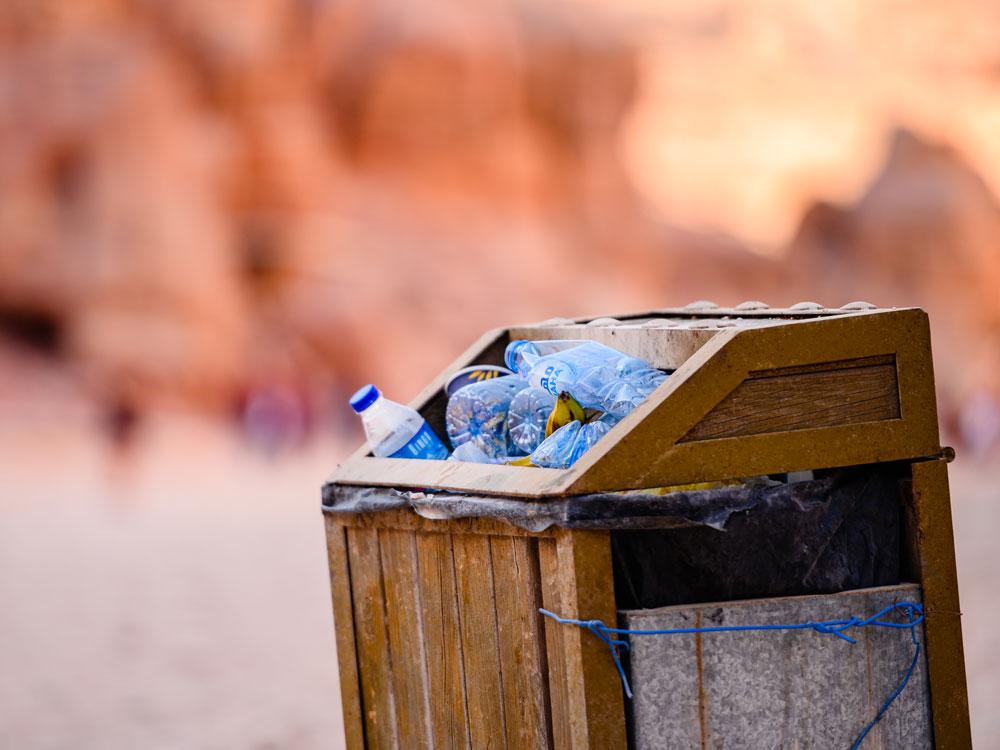
Dr Khashashneh, where is Jordan on its journey towards a circular economy and how does the EPR system fit in?
Addressing climate change and creating a circular economy are key features of Jordan’s new vision for economic modernisation up to 2033. The plan incorporates all aspects of our environmental strategy, including waste management, green growth, and climate change action, aligning them with Jordan’s economic ambitions over the next 10 years. The EPR system is an example of transforming those ideas into action as we realise these goals on the ground. It will enable us to recycle a third of the waste entering our system, transforming it into a resource that generates money and jobs as we move from a linear system to a circular one.
The EPR system places the responsibility on companies to recycle their waste. Are they on board?
There has been some reluctance but we are working with the private sector to explain the benefits of this system. With the consultation and support of our friends at GIZ and international companies we are showing them that this will create new jobs, new business, and new opportunities. We are not reinventing the wheel – countries like Germany have been doing this for 30 years so there is proof that this works. EPR is one of the key programmes that we need to introduce so we can increase the segregation of source materials and improve the recycling rate while moving towards circularity for our economy.
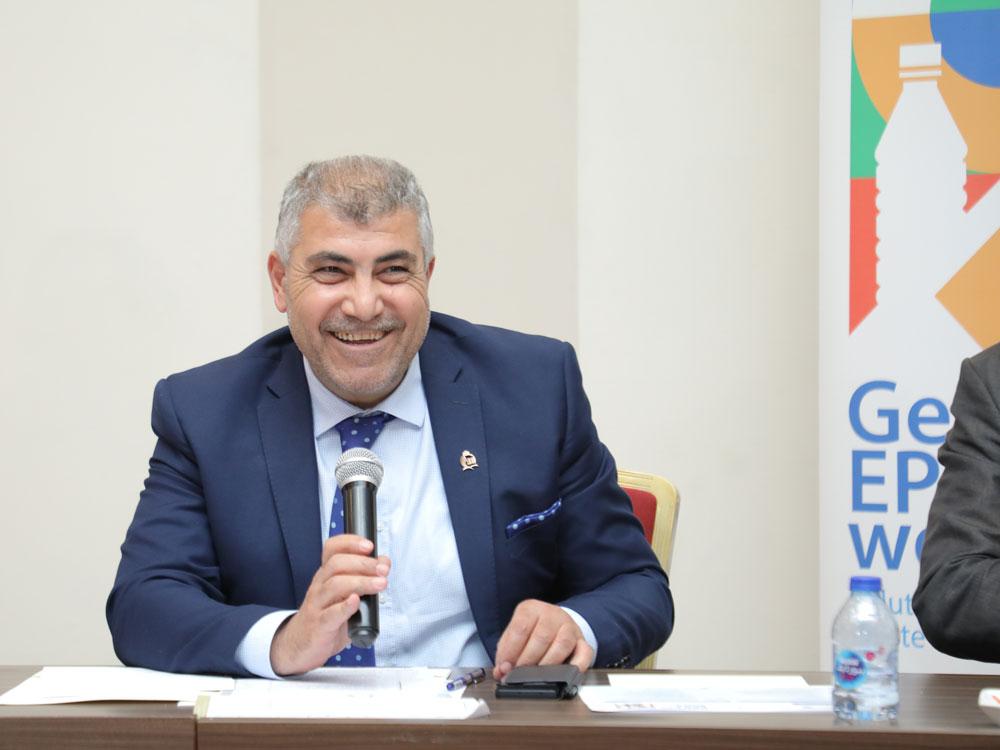
How does this enhance Jordan’s credentials as a driver of green growth in the Middle East?
The EPR system is unique in the region. Frankly speaking, there is no comparable comprehensive system elsewhere because everybody is coming at green growth from a different angle. In Jordan, we are pioneers because we started based on the book – first the legal process, then regulation, then implementation. I feel very proud because this is one of my favourite projects – I have worked on it since the beginning. If it proves successful in Jordan, our approach can become a blueprint and be rolled out to other countries.
But the process hasn’t been without its challenges …
No, it hasn’t been easy, particularly because it’s a new concept and people take a while to adapt to change. Thankfully, GIZ has a lot of credibility in Jordan, and they played a vital role in convincing governmental and private sectors. We spent a lot of time showing people why this system is an effective way to improve recyclability and achieve a circular economy.

